SON LA Growing grapes organically, Mr. Tuan's family in Chieng Mung commune earns hundreds of millions of dong each year, the products are mainly consumed in domestic supermarket systems.
SON LA Growing grapes organically, Mr. Tuan's family in Chieng Mung commune earns hundreds of millions of dong each year, the products are mainly consumed in domestic supermarket systems.
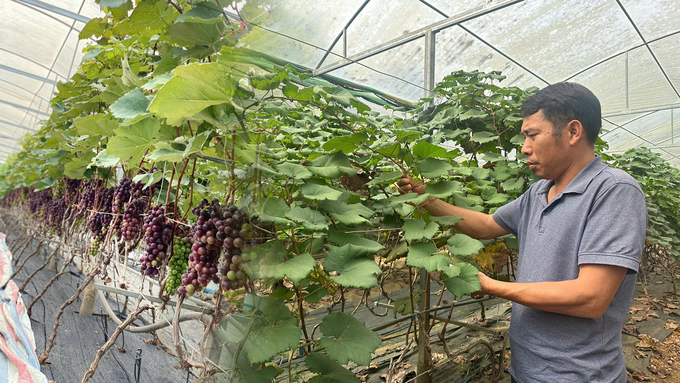
Mr. Tuan's seedless Black Summer grape farm is grown organically, producing delicious fruit at a high price. Photo: Duc Binh.
Not far from Son La city (Son La), Chieng Mung commune (Mai Son district) people still focus on economic development thanks to Arabica coffee because this crop is making many impressions on the international market. However, Mr. Nguyen Dinh Tuan, Director of Doan Ket Cooperative (village 6, Chieng Mung commune) chose a new direction with the model of growing seedless Ha Den grapes, bringing high economic efficiency with organic and sustainable farming methods.
After a visit to China, Mr. Tuan realized the potential of seedless Black Summer grapes as this plant has been successfully grown for a long time in China and has brought about very high economic efficiency. In China, 1 hectare of grapes can yield up to 20 tons, and the growing conditions are not too strict. The point to note is that there must be a greenhouse to protect the plants from dew and rain and prevent harmful insects.
“They export grapes to many countries, including Vietnam. Therefore, I saw the potential to grow this crop in my hometown. With the temperate climate in Chieng Mung, the growing conditions could not be better for seedless Ha Den grapes,” Tuan shared.

Around January every year when the new crop begins, the greenhouse net will be pulled down to cover the entire grape growing area. Photo: Duc Binh.
In 2021, he decided to invest 6,000m² of land to grow 3,000 seedless Ha Den grape trees with a total initial cost of up to 1.2 billion VND. This investment includes the construction of a greenhouse system, an automatic irrigation system (60 million VND) and Ha Den grape seedlings priced at 77,000 VND/tree.
Mr. Tuan's first grape crop yielded 6 tons, each tree yielded 5-7 bunches of fruit, each bunch weighed 3-4kg. The grapes were sold to supermarkets at 110,000-120,000 VND/kg, bringing in a profit of about 300 million VND.
The process of caring for grapes requires meticulousness and adherence to technical procedures. After each harvest, the vines are pruned in January every year to prepare for the new flowering season. In February, he begins to fertilize with organic fertilizer made from manure combined with other materials, specifically composted manure from cows and goats combined with corn, soybeans and crushed eggshells. The amount of organic fertilizer is 5 - 7kg for each grape tree. In addition, fish protein is mixed and watered every 10 days.
Even though there is a greenhouse, the grapevines are still sprayed with biological products to prevent pests and diseases once a month, ensuring that the plants are always healthy and maximize productivity. The grapevine farm is regularly cleaned and trimmed by workers or covered with specialized fabric to limit weeds. Absolutely no herbicides are used to protect the soil's microflora.
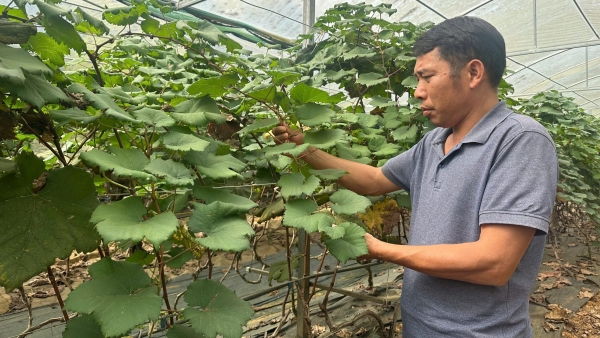
Thanks to organic farming, Mr. Tuan's vineyard is sustainable, has high productivity, and delicious fruit. Photo: Duc Binh.
By 2024, thanks to his experience in caring for and applying modern techniques, Mr. Tuan had harvested nearly 10 tons of grapes. The product's output is mainly at supermarkets in the Northern region at a price of about 110,000 VND/kg. Doan Ket Cooperative also organizes free tours for customers to take photos and buy products right in the garden at a price of 150,000 VND/kg. The total profit earned this year is about 700 million VND.
Not only successful with the seedless Black Summer grape, Mr. Tuan is planning to expand the farm to import milk grapes from Korea to grow because this is a grape variety with high economic value, better quality, and a selling price of about 250,000 VND/kg.
Next year, he and the members of the Cooperative plan to invest in additional greenhouse systems, expand the vineyard by 8,000m², exploit it in the direction of developing experiential tourism and directly selling products right in the garden, while continuing to develop the model towards export.
Source: https://nongsanviet.nongnghiep.vn/dua-nho-ha-den-len-tay-bac-loi-nhuan-bat-ngo-d406398.html




![[Photo] "Beauties" participate in the parade rehearsal at Bien Hoa airport](https://vstatic.vietnam.vn/vietnam/resource/IMAGE/2025/4/11/155502af3384431e918de0e2e585d13a)
![[Photo] Looking back at the impressive moments of the Vietnamese rescue team in Myanmar](https://vstatic.vietnam.vn/vietnam/resource/IMAGE/2025/4/11/5623ca902a934e19b604c718265249d0)






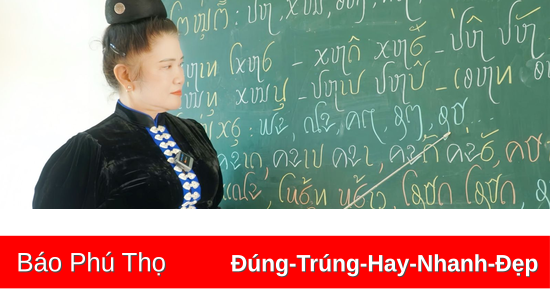

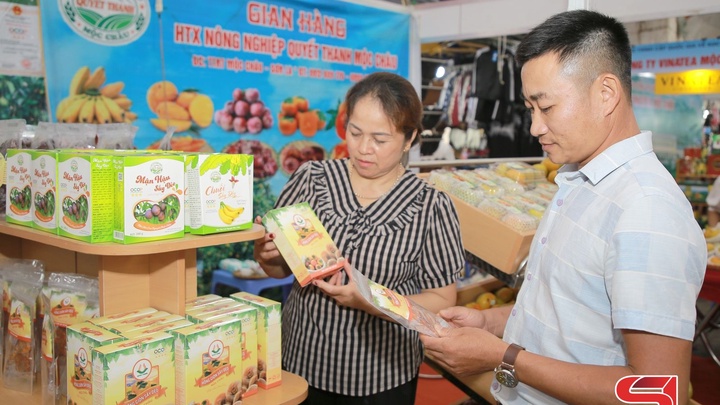



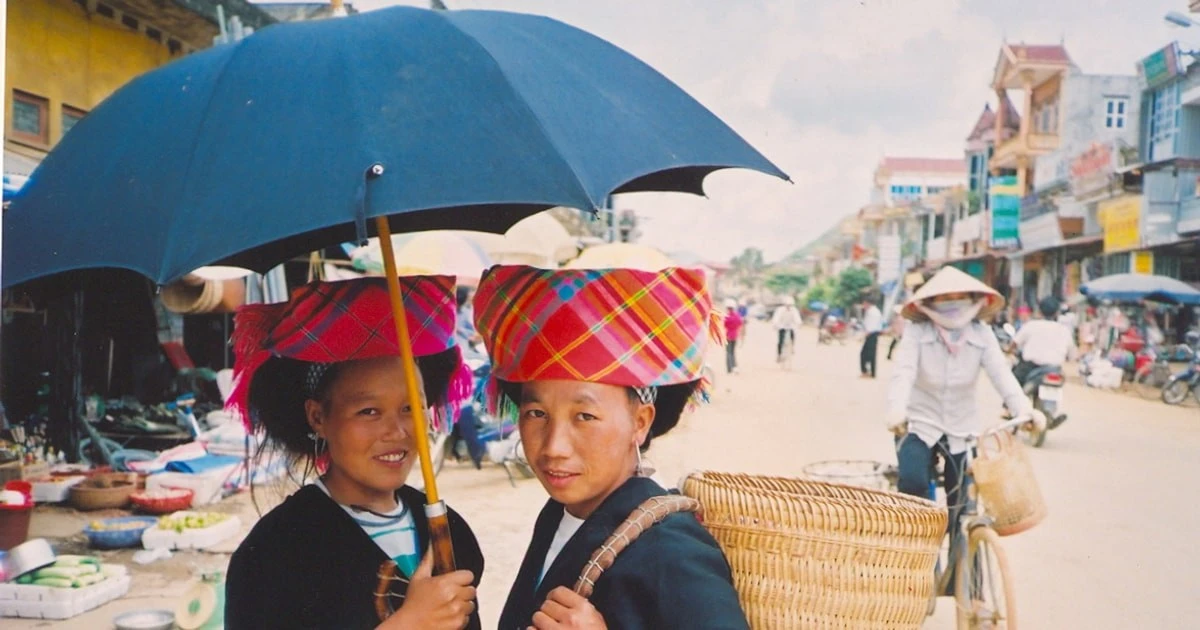


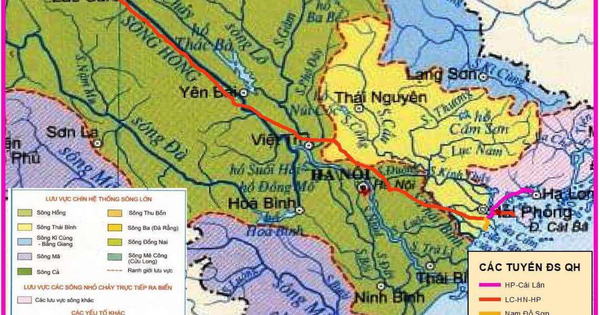
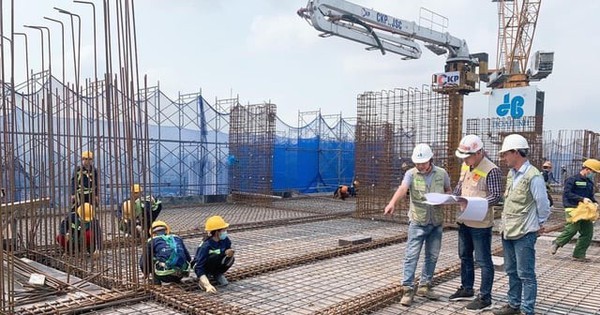
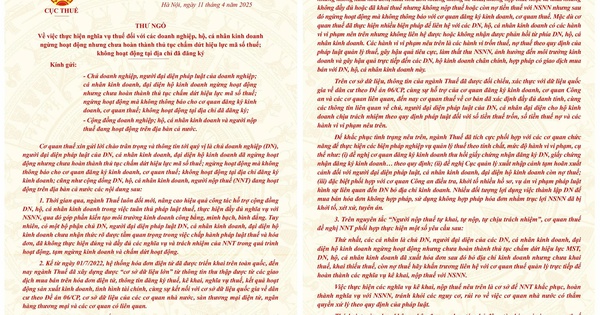




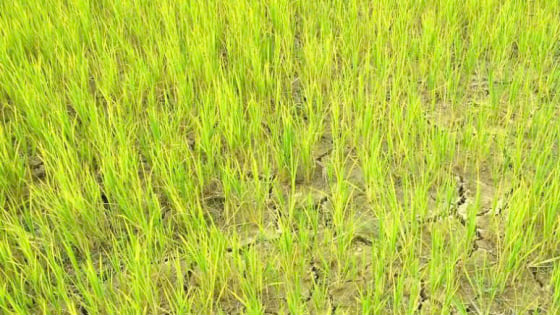
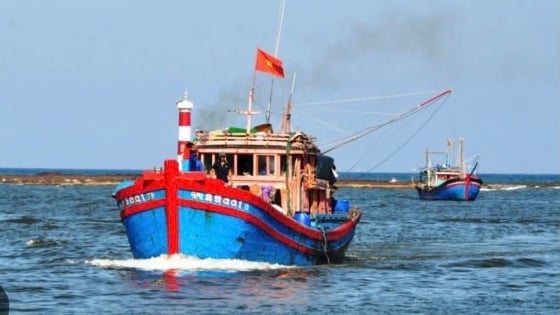
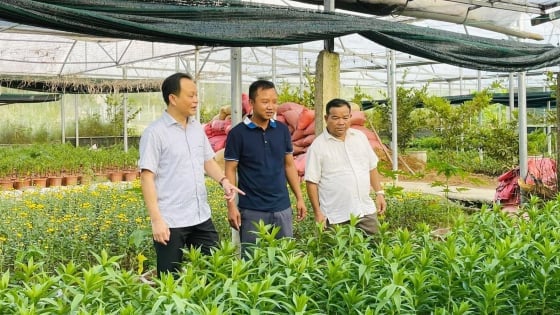
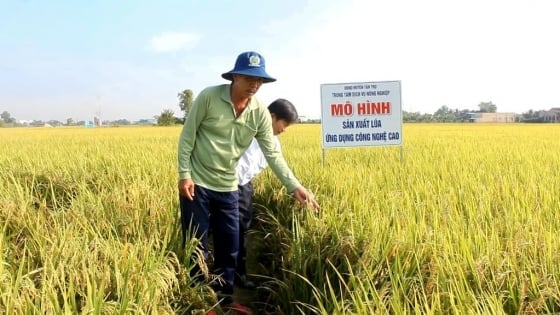
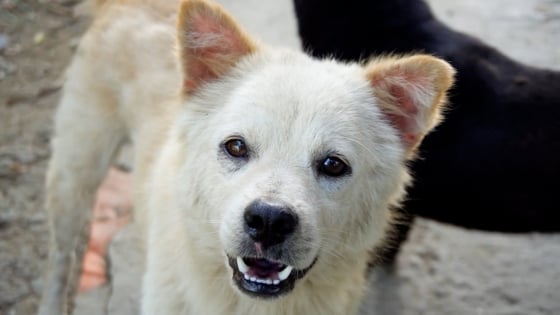
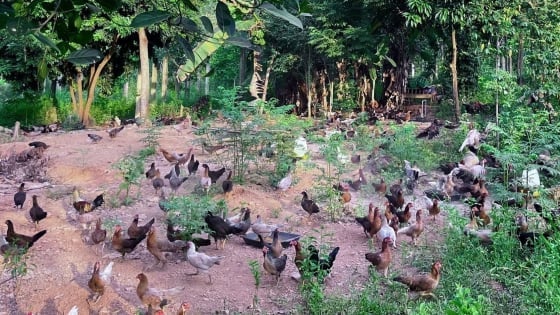

![[Photo] Summary of parade practice in preparation for the April 30th celebration](https://vstatic.vietnam.vn/vietnam/resource/IMAGE/2025/4/11/78cfee0f2cc045b387ff1a4362b5950f)










































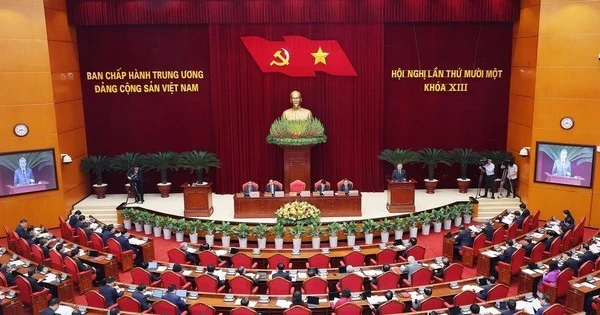



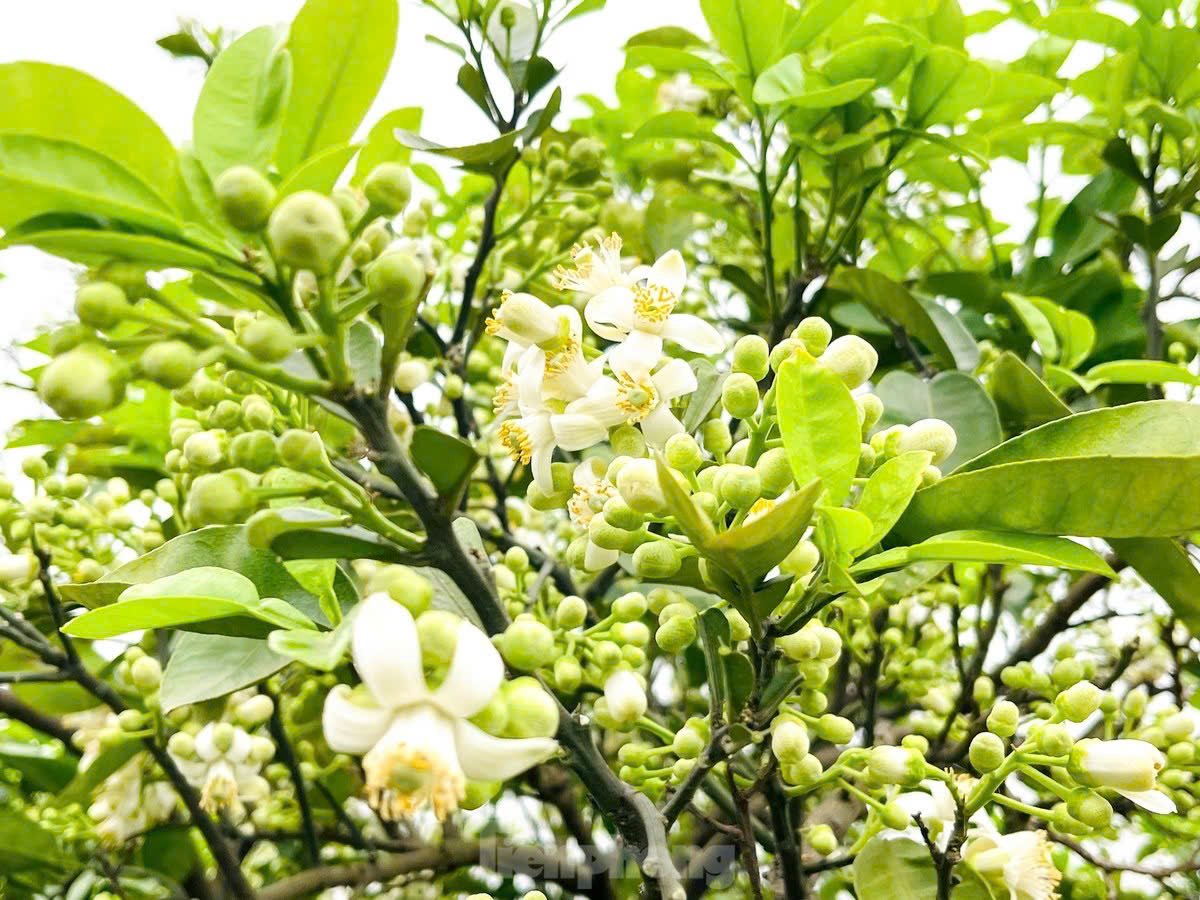
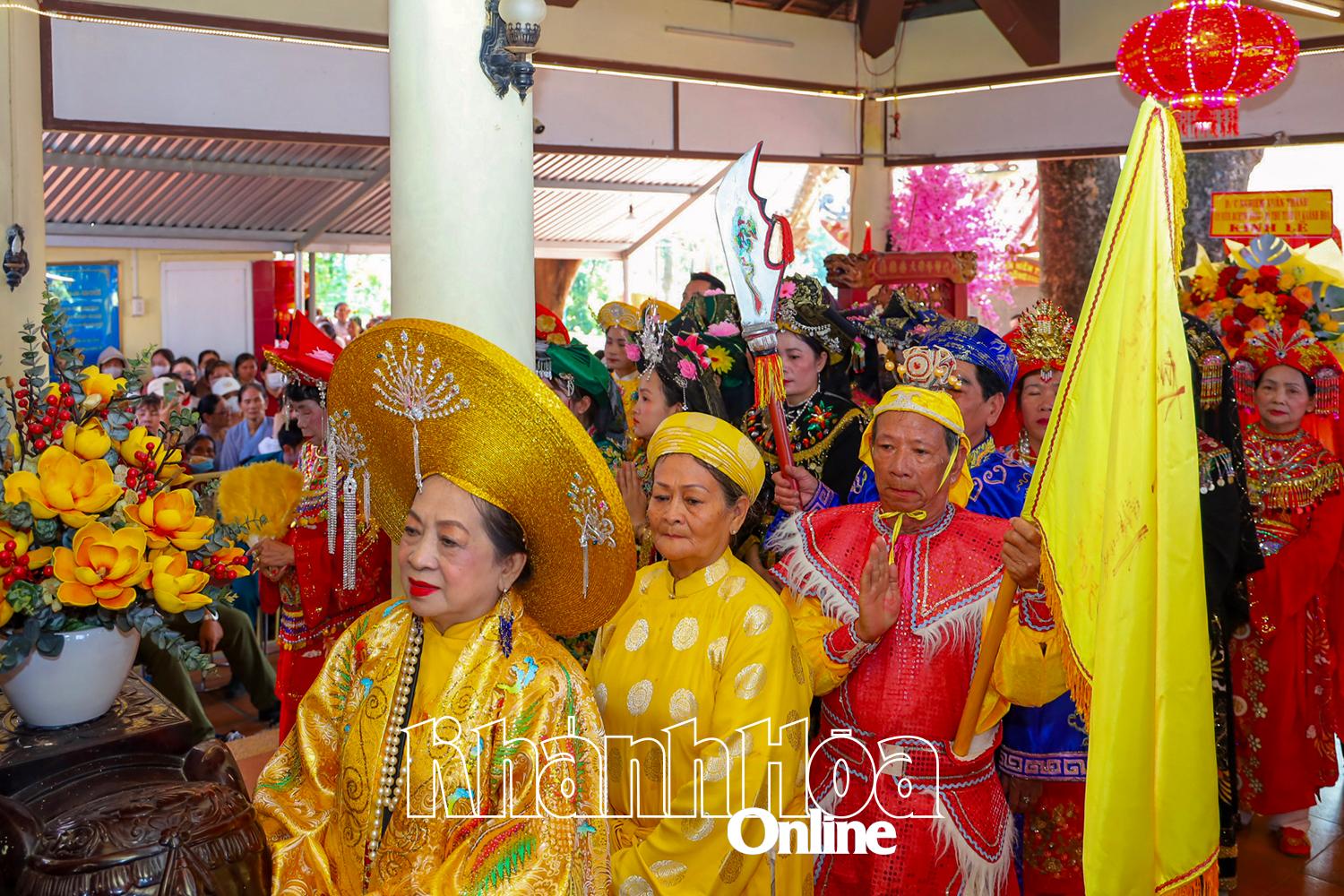
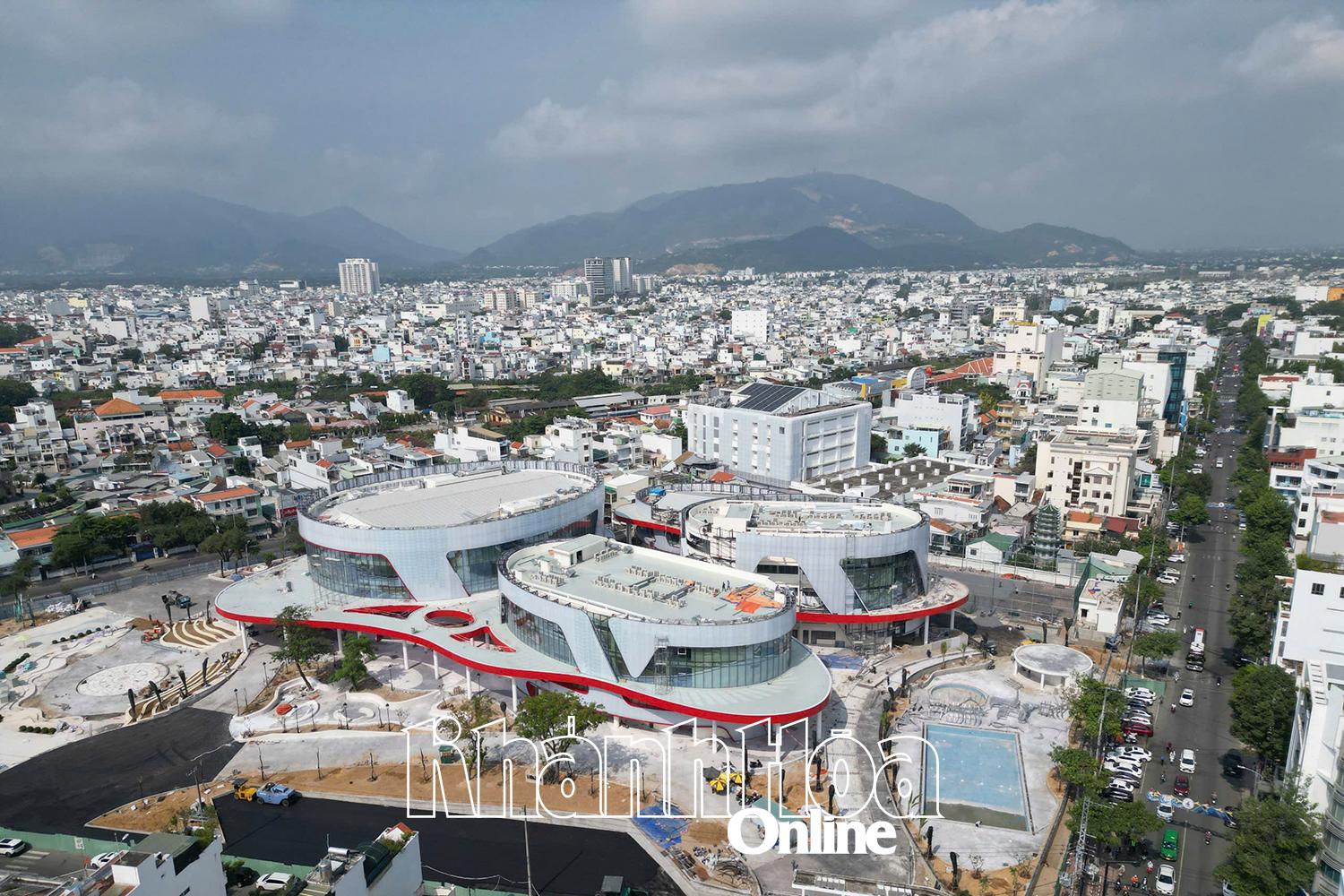











Comment (0)